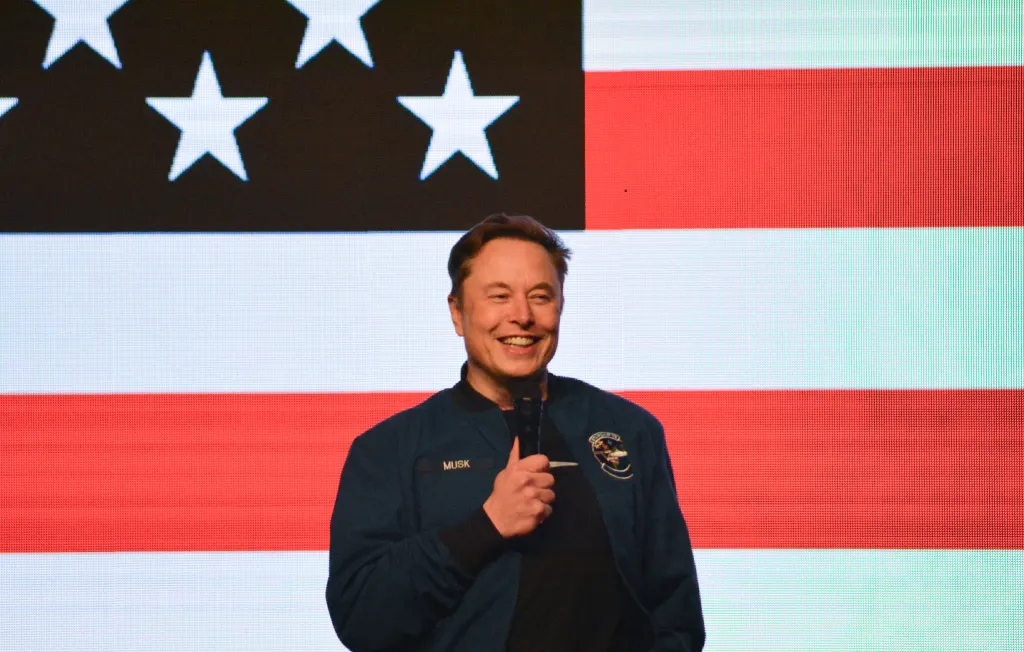Introduction
The lines separating entertainment, technology, and politics are blurring faster than ever before. In a world where social media defines credibility and algorithms decide visibility, celebrity influence has evolved into a strategic tool for global tech companies and political campaigns alike. The convergence of star power and digital innovation is reshaping how societies interpret authority, loyalty, and truth.
This new dynamic isn’t just about marketing—it’s about control. As celebrities align with tech platforms and politicians adopt influencer tactics, the digital world has become the new arena for political persuasion and corporate dominance.
The Tech Industry’s Celebrity Strategy
Tech companies have long understood that attention is currency. By collaborating with famous personalities, they gain not just marketing leverage but social legitimacy. A celebrity endorsement for a new AI tool or digital platform instantly translates into global reach and credibility. These collaborations turn abstract technologies into relatable narratives for everyday users.
Beyond branding, these partnerships carry political weight. When a globally recognized artist or athlete endorses a data platform, it sends a cultural signal that technology is not just innovation—it’s identity. The public begins to equate digital adoption with progress, often without fully understanding its implications for privacy or governance.
Political Leaders as Influencers of the Digital Age
Modern politicians now operate like digital creators, mastering algorithms and engagement tactics to reach their constituents. Campaigns are designed with influencer precision—short videos, relatable sound bites, and strategic hashtags dominate election seasons. Politicians no longer rely solely on policy papers; they rely on viral resonance.
This trend mirrors celebrity culture, where authenticity is curated and attention is monetized. The rise of AI-driven data analytics allows political strategists to personalize messaging at scale, targeting emotions rather than intellect. In many ways, political campaigning has become indistinguishable from influencer marketing.
Global Consequences of Digital Persuasion
The fusion of celebrity branding and political messaging has transformed global governance. Elections across continents are now shaped by digital narratives, often crossing borders through social platforms. A viral post from a celebrity in Los Angeles can spark political discourse in Nairobi, London, or New Delhi within hours.
However, this transnational influence raises serious concerns about accountability. When political opinions are molded by entertainment figures rather than informed debate, democracy becomes susceptible to emotional manipulation. What begins as activism can morph into digital populism, driven more by virality than vision.
Technology as the Enabler of Modern Power
Artificial intelligence, big data, and predictive algorithms are the silent architects of modern influence. Behind every viral campaign or trending hashtag lies an ecosystem of data scientists and social engineers refining public sentiment. This unseen machinery amplifies both celebrity endorsements and political messaging, ensuring they reach receptive audiences with surgical precision.
Tech platforms, in turn, profit from this attention economy. They serve as the arbiters of digital power, determining whose voices rise and whose fade into obscurity. With every click, share, and comment, the balance between free speech and engineered engagement becomes more fragile.
The Ethical Reckoning Ahead
As technology continues to shape global discourse, questions of ethics and accountability grow louder. Who decides how influence is wielded? Should algorithms be regulated as public utilities? Should celebrities disclose their partnerships with political or corporate entities? These concerns are reshaping legal and cultural frameworks worldwide.
Some nations have begun drafting laws requiring transparency in digital endorsements, treating online influence as a form of political advertising. Others remain silent, fearing the economic backlash of regulating billion-dollar tech alliances. The outcome of this debate will determine the future of both democracy and digital ethics.
FAQs
How do celebrity endorsements impact political decisions?
They humanize political messages and make policies more accessible, but they can also oversimplify complex issues, swaying voters based on emotion rather than analysis.
Are politicians deliberately imitating influencer culture?
Yes. Political figures now use influencer-style branding, short-form videos, and social media aesthetics to connect emotionally with younger audiences.
Is technology neutral in this process?
Not entirely. Algorithms prioritize engagement, not balance, which often amplifies sensational or divisive content for higher visibility.
Can regulation fix digital influence manipulation?
Regulation can help, but enforcement is difficult due to cross-border data flow and the global reach of tech giants. Cooperation between governments and platforms is essential.
Will the convergence of tech, politics, and celebrity continue?
Almost certainly. As long as attention remains the world’s most valuable resource, the alliance between fame and technology will shape global leadership narratives.
Conclusion
The alliance of celebrity, politics, and technology represents both progress and peril. It democratizes communication but also centralizes influence in the hands of those who can command attention most effectively. The modern world no longer votes solely at the ballot box—it votes with clicks, trends, and digital allegiance.
For societies to thrive in this new era, transparency and media literacy must evolve alongside technology. The future of democracy will depend not only on leaders or platforms but on how citizens navigate an increasingly performative world of influence.

Leave a Reply